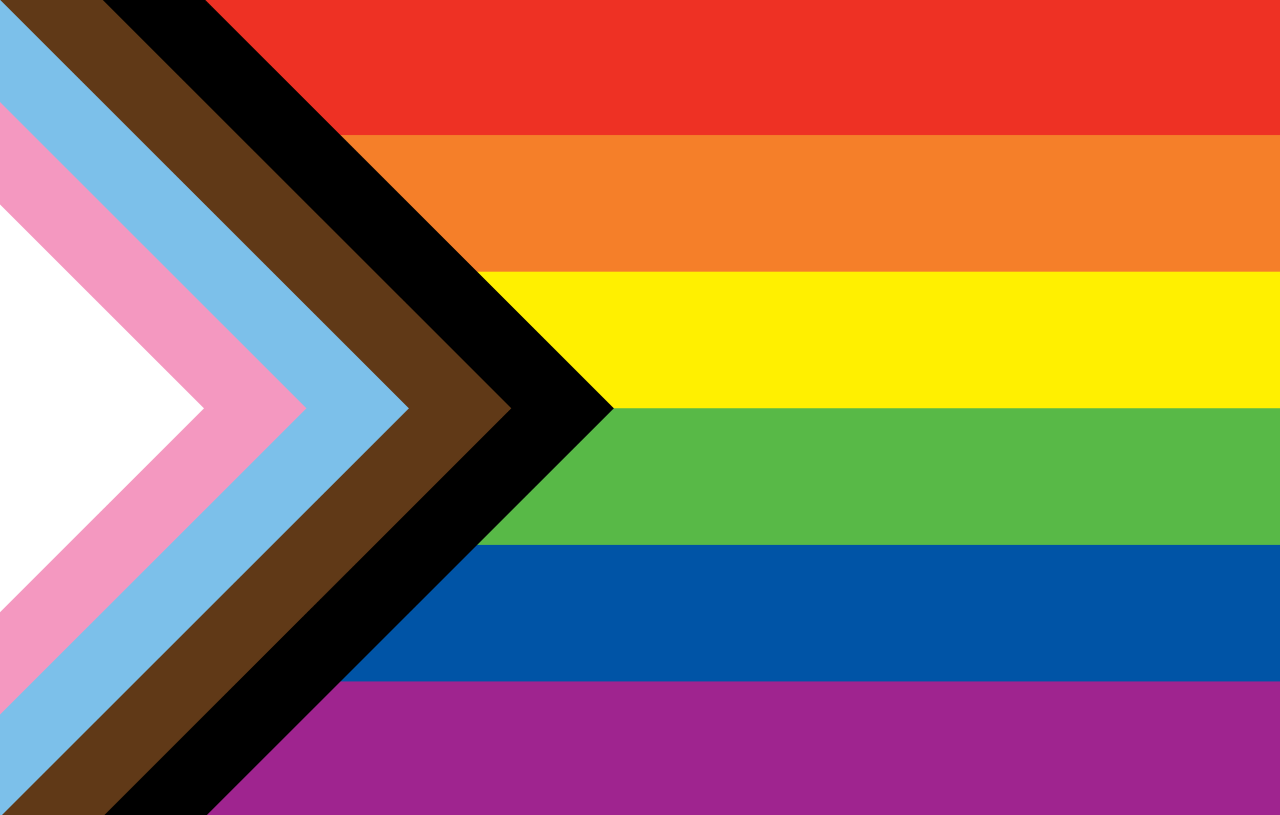
by Valerie Waters, Counsellor at the Ottawa Rape Crisis Centre
** Content note: This post discusses some aspects of healing after sexual violence in a lighthearted, compassionate tone. Please read in whatever way feels safest and most supportive for you.
- Talk back to your inner critic (kindly).
You know that voice in your head that always has something critical to say?
“You look like a slob today.”
“You shouldn’t have made that joke—she probably hates you now.”
“You’ll never be good enough to have a degree/job/relationship/home/life…”
Yeah, that one. Let’s strike up a conversation with that voice.
Hey there, critical voice (feel free to name it—I call mine Becky). I hear you. You’re looking out for me, trying to protect me from failure, rejection, disappointment. I get it. Thanks for having my back. Thing is, though, your methods are kind of counterproductive at the moment. What I really need right now is a gentler approach. Guidance is great—but it needs to come wrapped in care.
See if you can coach your inner critic into speaking to you softly. These days, Becky’s more likely to say, “Look, I get that staying in bed is tempting, but you always feel pretty crappy if you do that for too long. How about taking a shower, eating something, and seeing how you feel after?” Thanks, Beck—that’s some solid input.
It might be tough to develop a dialogue with a part of yourself that’s been hostile for a long time. That’s okay. Take it slow. Let it be awkward. This is a skill you’re learning—give it time.
- Approach change one baby step at a time.
For most survivors, harm to the self wasn’t done in a single moment—it happened over time, often from many directions. Every “But why didn’t you…?” and “You’re still talking about that?” added another crack in the foundation of self-worth. Repairing that foundation won’t happen overnight, either.
So start small. Go slow. Baby steps. Two forward, one back. Occasionally three forward—and that progress builds.
Ask yourself: What is one kind thing I can do right now for my body, mind, or spirit that meets a need?
Maybe you need to stretch, but you’ve been pushing through an assignment without a break. Maybe you need two minutes of deep breathing. Are you thirsty? Hungry? Tired? Is it “I need sleep” tired, or “I need a five-minute walk” tired? (Watch out for poop.)
Find something tiny to do for yourself. Think it’s small enough? Make it smaller. Set microscopic goals. Make it easy to build new habits and new ways of tending to yourself. Be the tortoise.
- Check in with your body, mind, and spirit.
This one overlaps with #2, but it’s worth its own mention. If the word should pops into your mind, gently show it the door. This isn’t about what your body, mind, or spirit should need—it’s about what they do need.
It’s not always easy to figure that out. Meditation, journaling, or grounding exercises can help. I personally like this little infographic by @anahatatherapies via CMHA Windsor (Facebook), but use whatever tool speaks to you.
Give it time. If you’re used to suppressing your needs for others, tuning in might take practice. Patience, softness, care.
- Be gentle with yourself.
Noticing a theme?
You cannot hate yourself into becoming a version of yourself that you’ll love. (I wish I knew who coined that—it’s a banger.)
Understand that the habits not serving you today might be the same ones that once helped you survive. They had a purpose. They might not serve you anymore, but you weren’t weak or foolish for using them.
Speaking of tools—Audre Lorde once reminded us that “the master’s tools will never dismantle the master’s house.” Judgment, shame, and guilt have long been used against survivors to coerce and silence. Using them on yourself won’t help you become “more disciplined” or “more productive.”
Gentleness, kindness, self-compassion—these are the tools that will help you recognize your worth, embrace your value, and move forward, one soft, steady step at a time.
- Seek supportive connection and community.
This one’s tough, especially if your internal Becky insists that no one wants to be around you. (She’s wrong, of course—but we know she’s just trying to protect you from rejection.)
If and when you can, reach out. Reconnect with an old friend. Join a new group (check out @orccsupports on Instagram or email counselling@orcc.net to learn about our group events). Volunteer somewhere that pulls your heart.
If that sounds like too much, start smaller: people-watch in a park, sit in a library, attend a local performance—just enough to feel part of a community.
Self-help, journaling, and blog posts are great, but so much of healing happens in relationship. Gently, patiently, see what it could be like to cultivate acquaintances, then friendships. Or deepen the ones you already have. Allow yourself to lean on those who’ve proven worthy of the honour of supporting you.
Also, I’ve heard therapy is great. Maybe give that a go if you want 😉.
Take good care of yourself.
And maybe also take a bath, if you enjoy ’em.
Healing isn’t a checklist—it’s a relationship with yourself. However you start, start there. You’re already doing the work.

